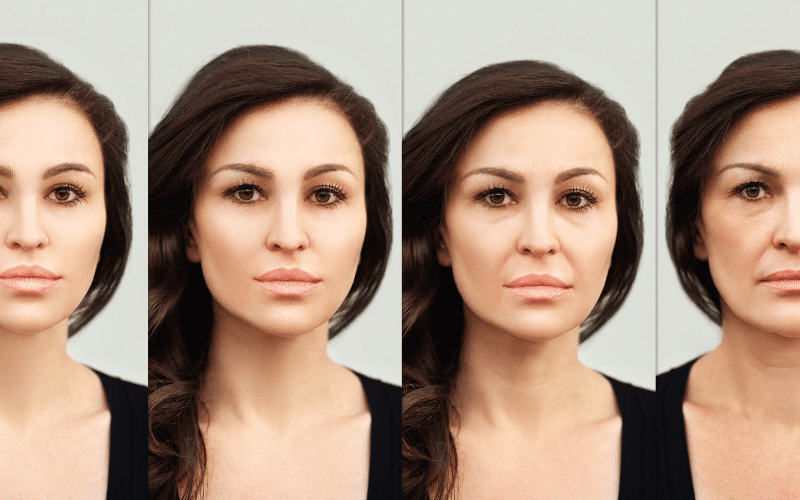5. Age of Onset: Timing Matters

While genetics undeniably determines the occurrence of Huntington’s disease, the timing of its onset can vary. The disease usually manifests in adulthood, but it can occur at any age – and the age of onset can significantly influence the disease’s progression and presentation.
Typically, Huntington’s disease symptoms start appearing between the ages of 30 and 50. However, the onset is not a set-in-stone rule. Some people might start experiencing symptoms in their early 20s or even in childhood, while others might not notice symptoms until they’re well into their 60s or 70s.
When symptoms occur before the age of 20, the condition is referred to as juvenile or early-onset Huntington’s disease. This form, although less common, tends to progress more quickly and can have different symptoms, such as rigidity or slow movements, compared to adult-onset Huntington’s disease.
There is a correlation between the number of CAG repeats in the HTT gene and the age of onset. As a general rule, the higher the number of repeats, the earlier the age of onset. This further exemplifies how intricately the course of Huntington’s disease is tied to our genes. (5)